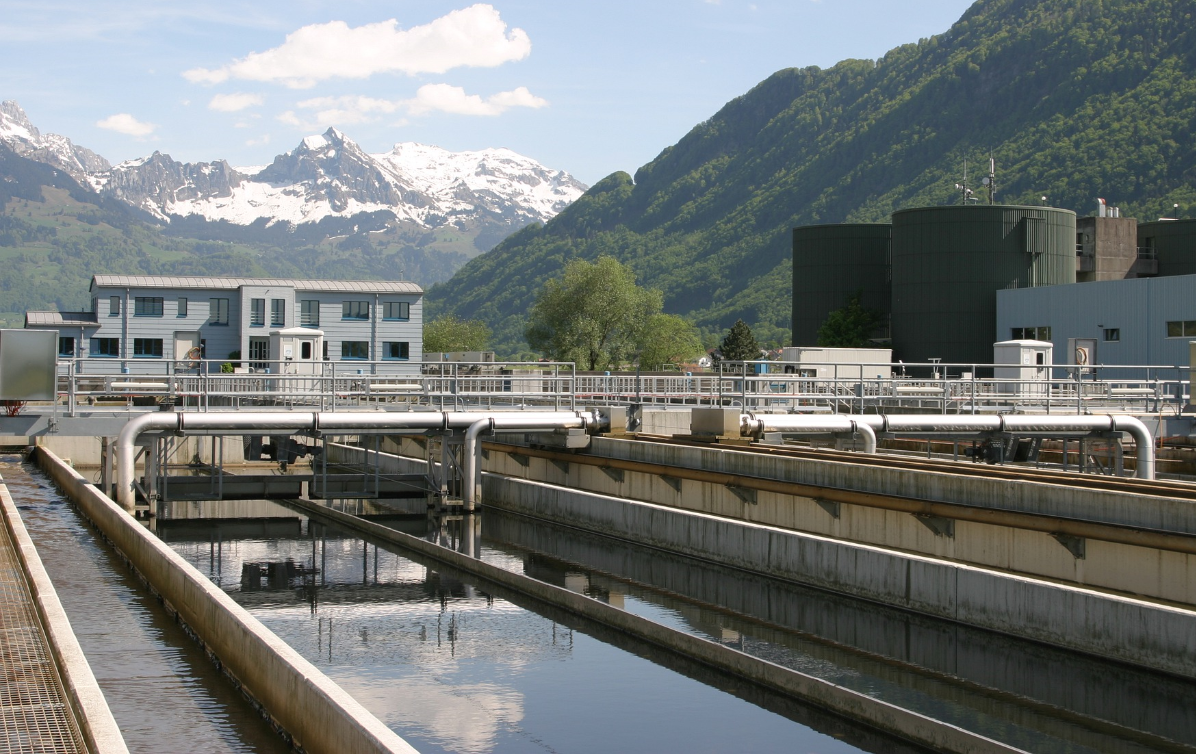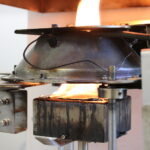Eclore Actuators develops highly energy-efficient, bio-inspired actuators
Traditional pneumatic and hydraulic actuators are used in all sectors of industry, but they have their limits in terms of energy consumption. Eclore Actuators, a start-up incubated at IMT Atlantique, has redesigned the component using a new folding process developed in-house.
Tens or even hundreds of pneumatic actuators are used in most manufacturing machines to “automate simple actions such as linear movements or rotations using a supply of compressed air,” says Pierre Gautier-Le Boulch, founder of Eclore Actuators. The use cases are varied, including assembling sub-components, machining parts, directing products on a conveyor belt and labeling product packaging.
The start-up’s actuators, called Push Worm, are designed to improve on the energy efficiency of pneumatic actuators and are 5 times lighter and 5 times less bulky than other devices on the market. A lower weight offers several benefits: reduced pressure during use and less energy consumed to compress air, increased cycle rates through reduced inertia, and smaller frames for machines and pre-action components (regulators, valves, etc.). The innovation promises to revolutionize practices in the automating sector in terms of energy savings.
The key to the design lies in the development of a new industrial process that automates the folding action in a repeatable and economically feasible way. The size and weight of the device have been reduced thanks to a new polymer formulation developed by the company. Its particularity lies in its ability to withstand repeated folding while resisting a pressure of 6 bars. The body of the actuator folds like an accordion while guiding the movement. The kinematics of the mechanism are based on its folding pattern directly inspired by a worm that folds itself in a reticulated way.
Traditional actuators rely on the mechanical cylinder/piston principle which generates mechanical friction. Oils and lubricants are often used to ensure correct working condition and prevent premature wear. The active part of the Push Worm actuator is the folding bellows, which eliminate friction and therefore the need for lubricants.
Health and environmental benefits
The use of organic compounds such as oil can be a source of contamination in production lines, particularly in sensitive sectors such as the food industry. “Oils can host clusters of bacteria and increase the chances of contamination”, he explains. This can result in production line stoppage, causing a financial loss for the company.
In addition, these folding actuators are made of recyclable plastic. The start-up “designs actuators with fewer parts than in metal ones,” says the company’s CEO. The plastic actuator has five subcomponents, while other products on the market generally have around twenty, something that also complexifies their maintenance. “The maintenance cost for standard actuators is so high that industries sometimes prefer to replace them with new ones,” explains Pierre Gautier-Le Boulch.
In the future, the start-up plans to integrate predictive maintenance sensors to detect anomalies. “When the actuator reaches a certain level of fatigue, the client will receive a notification and can send it to us for fault diagnosis,” says Eclore Actuators’ CEO.
Today, the start-up’s aim is to finalize the first pilot line. “One of our clients manufactures printing machines and is interested in our solution because of the compactness of our products and the high rate of movement due to the lack of friction,” says Pierre Gautier-Le Boulch. The sectors of application of Eclore Actuators’ solutions are very varied. Given the advantages promised by the start-up, the next few years may see folding actuators in vehicles, doors and many other systems.
Rémy Fauvel













Leave a Reply
Want to join the discussion?Feel free to contribute!